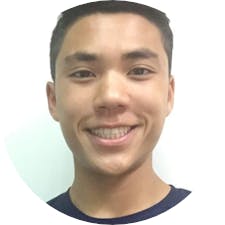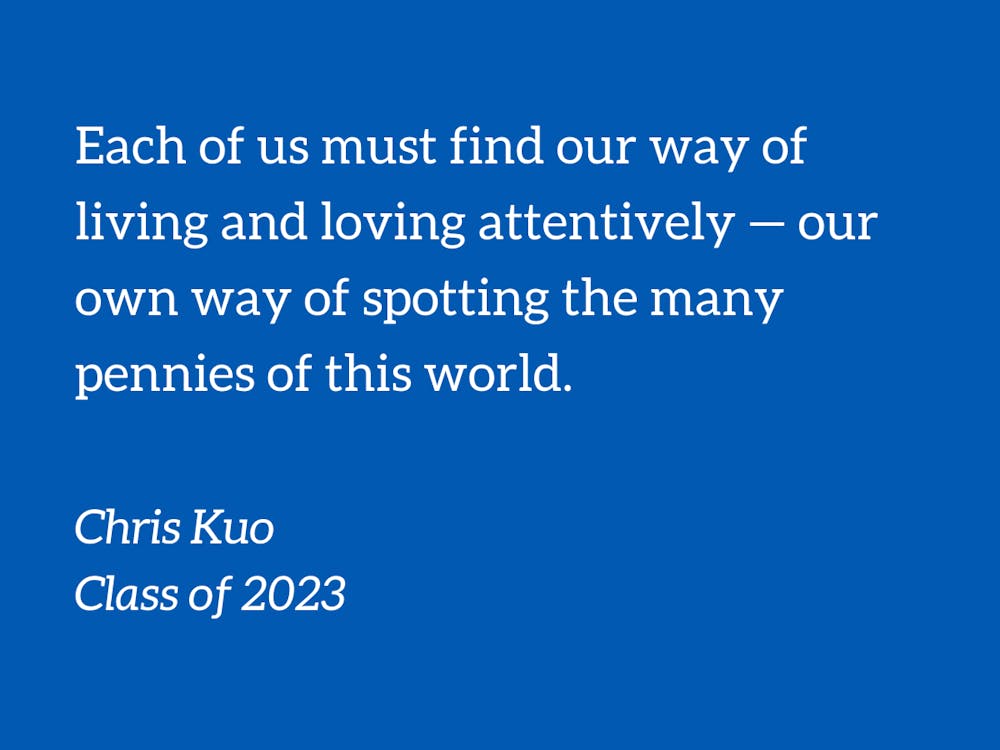In “Lady Bird,” one of my favorite movies, 17-year-old Christine McPherson wants nothing more than to escape Sacramento and her Catholic high school and enroll in an elite university in a big city on the East Coast. At one point, she shares her college application essay with one of the school’s nuns, who tells McPherson, “You clearly love Sacramento. You write about Sacramento so affectionately and with such care.”
Confused, McPherson says she was merely describing the place. “I guess I pay attention.”
“Don’t you think they are maybe the same thing? Love and attention?” the nun says.
It’s a simple but transformative idea, with roots in social science: that the degree to which we notice can be the measure of our devotion, that care for a place or a person demands that we slow down to look and see, and that real uncompromising attention — so scarce in our distracted, dopamine-driven times — could be one of the purest forms of love.
This type of attention is generally uncommon, but it seems particularly rare at Duke. We are harried and hurried, perpetually flitting across quads or between social media platforms, our minds preoccupied by our snowballing to-do lists. We are surrounded by so many small miracles, but we are often too tired to notice, too busy to care.
I am as implicated in this culture as I am critical of it. As I look back over my four years at Duke, I wish I had spent more time slowing down to watch sunlight seep through our Gothic arches or to listen to more people’s stories. Perhaps if I had been less singularly focused on what awaited in the future — the summer internships, the post-graduation job — I would have seen and celebrated more of the present.
Still, I am deeply grateful for a particular organization at Duke that taught me to pay meticulous attention — The Chronicle.
Reporting is a time-consuming, reflexive process that demands the utmost care. If you aren’t laser-focused, you’ll miss a critical detail, name or quote, and you often need to wait for hours to find the material you need. When I began reporting regularly for The Chronicle in my first year, I developed, by necessity, the discipline of attention. In my reporting process, I spent many hours and days sitting on the steps of Marketplace chatting with Keith Upchurch and other first-years, staring at the East Campus tunnel, or hearing the stories of people with intellectual or developmental disabilities. I even endured Chronicle purgatory: persevering through hours of boredom and babbling at Academic Council.
Many of these were happy stories, but I also saw that at times this University failed its students, whether that was issues with COVID-19 quarantining or the troubling treatment of Dean Sue. Those stories, too, were a product of paying attention.
I realize now that as much as my stories were meant for you, to inform and enlighten and entertain, they were also my way of developing and showing my appreciation for Duke. As I learned to pay close attention to this place — even with its many flaws — I began to discover how truly lucky I was to be spending four years here. Like Lady Bird, I was simply describing. And still, somehow, I fell in love.
Is it cruel to realize this so late, or is it merely inevitable that we fully appreciate the places we belong to only once we are on the verge of leaving? Each of us will have our Sacramento, now or in the future, and it is one of the great tasks of life to learn to dwell there fully and attentively. Four years and a lifetime will both fly by far too quickly.
In an essay called “Seeing,” Annie Dillard describes how as a child she would hide pennies near a tree or in a crevice in the sidewalk. Then, she would draw arrows pointing to the coins: “SURPRISE AHEAD or MONEY THIS WAY.”
“The world is fairly studded and strewn with pennies cast broadside from a generous hand,” Dillard writes. “But — and this is the point — who gets excited by a mere penny? … It is dire poverty indeed when a man is so malnourished and fatigued that he won’t stoop to pick up a penny. But if you cultivate a healthy poverty and simplicity, so that finding a penny will literally make your day, then, since the world is in fact planted in pennies, you have with your poverty bought a lifetime of days. It is that simple. What you see is what you get.”
Becoming involved with The Chronicle and journalism was my way of refocusing my attention and recovering my sight. Of course, most of you won’t get involved with The Chronicle or become a journalist. But each of us must find our way of living and loving attentively — our own way of spotting the many pennies of this world.
Christopher Kuo is a Trinity senior who served as enterprise editor of The Chronicle’s 117th volume. He would like to thank Stef Pousoulides and Jake Satisky for being two of his first editors. He is also grateful for Matthew Griffin, Jake Sheridan, Jake Piazza, Leah Boyd, Nadia Bey, Anna Zolotor, Preetha Ramachandran and many others for their tireless dedication to student journalism. He would also like to thank Katie Tan and Alison Korn for being two fantastic features managing editors. And he would like to thank Milla Surjadi for being a truly outstanding editor this year.
He would also like to thank Bronwen Dickey for being his first journalism professor at Duke, as well as Stephen Buckley, Bill Adair, Frank Bruni, and the rest of the faculty of the DeWitt Wallace Center for their mentorship and support.
Get The Chronicle straight to your inbox
Sign up for our weekly newsletter. Cancel at any time.

Chris Kuo is a Trinity senior and a staff reporter for The Chronicle's 118th volume. He was previously enterprise editor for Volume 117.

